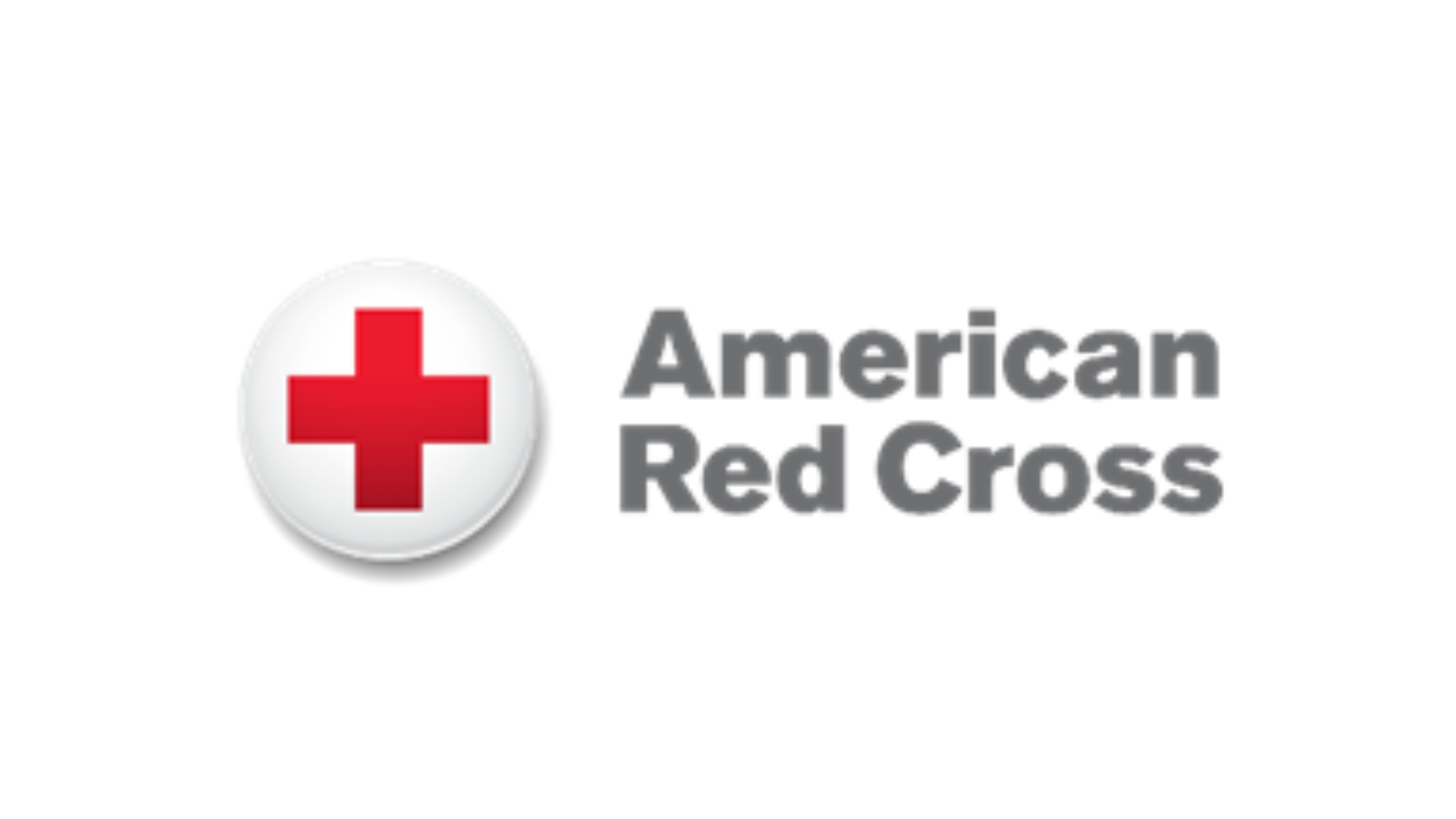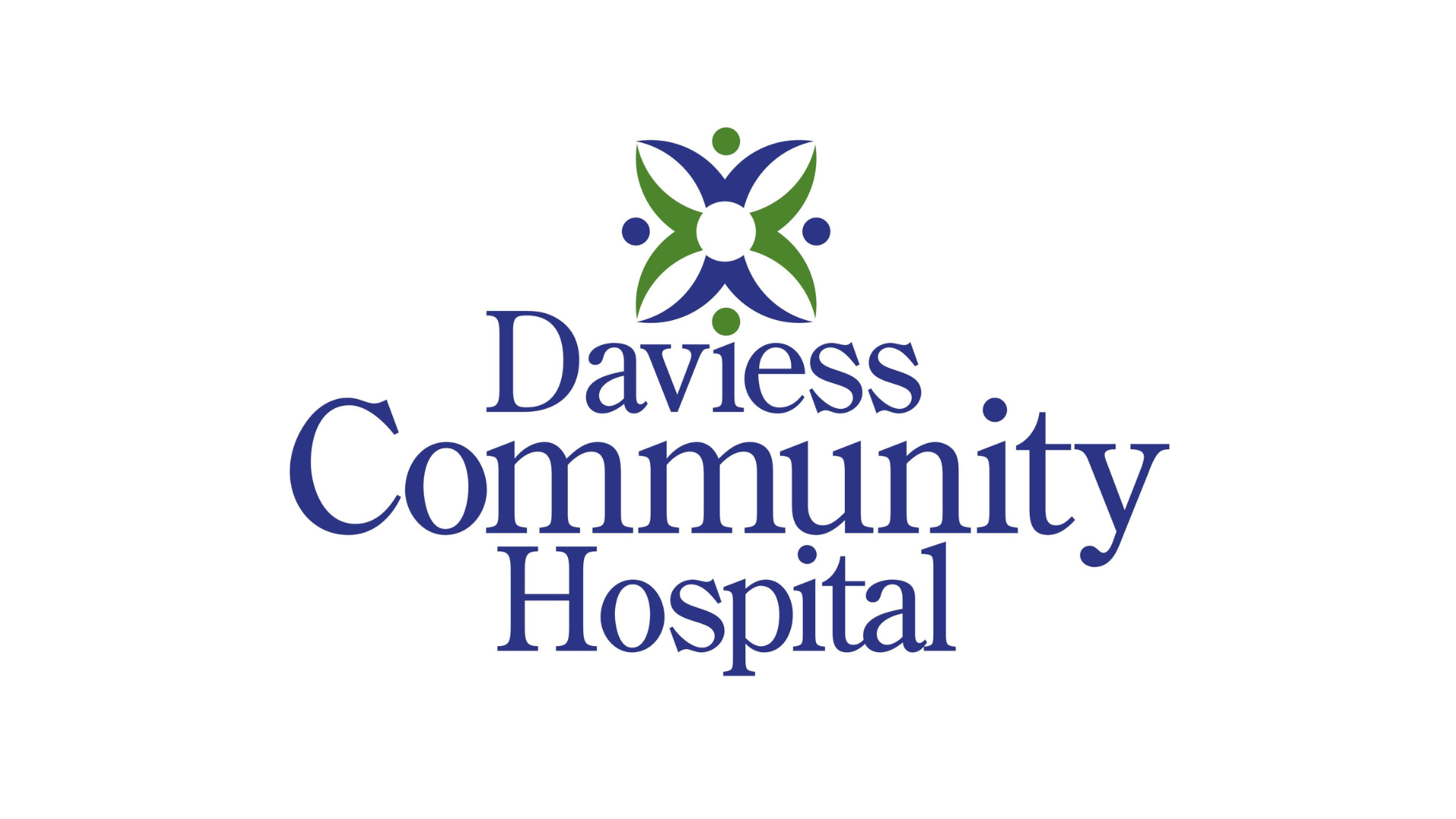With less than a week away from the Total Solar Eclipse, Director of Dubois County Emergency Management, Tammy Humbert, is reminding the public that it is important to stay safe if you must travel that day.
To help ensure you travel safely before, during, and after the eclipse, Humbert recommends checking traffic conditions and following these travel tips:
- Whether you’re heading to the path of totality or staying close by, it’s important to keep your gas tank full. It is recommended to fill up as often and as early as possible, with having at least half of a tank of gas usually being safest. Also, it is recommended that you should not carry extra gasoline in your vehicle, as gasoline is highly combustible.
- Make sure to pack plenty of snacks and water in case you are stuck on the side of the road or in traffic.
- Remember you must protect your eyes when viewing the eclipse, so make sure you have your solar eclipse glasses or a viewer to safely do so. They must meet a very specific worldwide standard known as ISO 12312-2.
- Have the experts check out your vehicle and top off all necessary fluids before you embark on your eclipse road trip to ensure your car is safe. Also don’t forget the jumper cables and a spare tire.
- Spotty cell coverage and GPS navigation apps can drain a phone’s battery quickly, so be sure you’ve got a charger to ensure you can use it. A portable battery pack is also a great backup to ensure you stay fully charged.
- Prepare for any possible phone coverage outages by bringing an atlas or large state road map along
with you to help you navigate or find alternative routes. - It’s always important to carry physical cash on hand since you might need to fuel up or buy supplies somewhere that doesn’t accept credit cards or can’t because of an outage.
- A good idea for those who take regular medications is to plan ahead for your medication needs when you travel. Be sure to bring enough of each prescription, plus an extra supply just in case.
- Assemble an emergency kit that includes a first-aid kit, a basic tool kit, and a flashlight and batteries. If possible, it is also a good idea to have emergency flares or reflectors in case your vehicle breaks down on the side of the road. These will make sure that other drivers can see you if you are dealing with a flat tire or other car maintenance.




